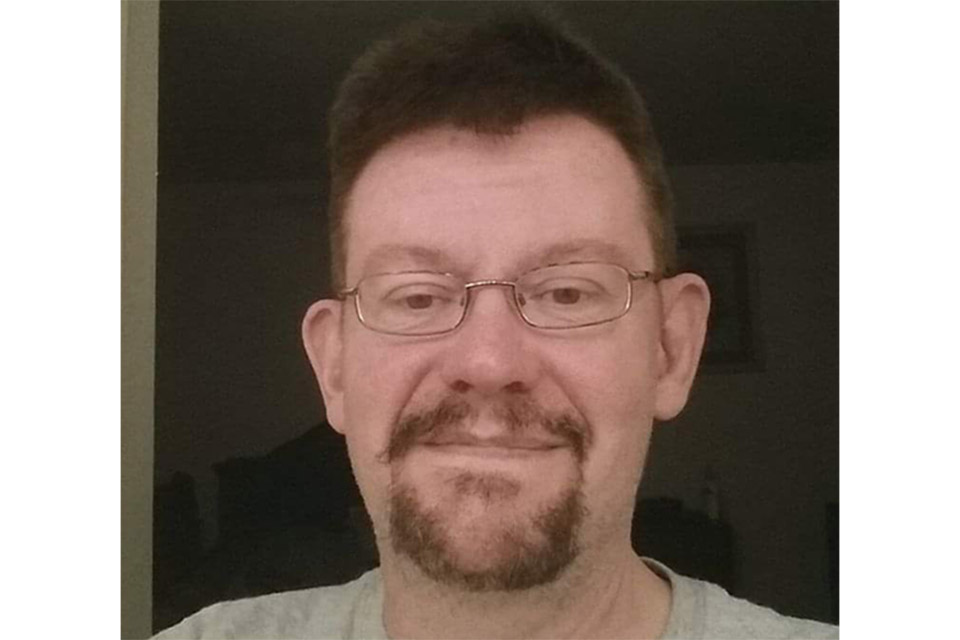From Dislocated to Dancing
How Treatment at the St. Louis Shriners Hospital Allowed Robert to Cope with His Mom's Death
Robert had just moved to Houston in 2000 when he found out that cancer was going to claim his mother’s life.
Shirley had been the one who was most there for him when he started his St. Louis Shriners Hospital journey in 1969. She had been the one who told him, when he was old enough to notice the scar on his left hip, that, no, it wasn’t going to go away.
And it was Shirley who reacted with “Oh God, no,” when Robert told her about his new hobby – country line dancing.
“She joked with me, but it was a way to get my mind off the inevitability of Mom’s passing away,” said Robert, now 52, from his Spokane, Washington, home on a brisk winter morning. “I just needed something else to focus on.”
Shirley succumbed to cancer shortly after he told her of his new hobby, but Robert kept dancing. That he could take up such an active pursuit and get so good at it that he would win medals in competitions is something for which he thanks Shriners Hospitals for Children — St. Louis.
“It just goes to show, if you have the right treatment, you can pursue your passions,” he said.
Robert doesn’t remember much about his stay at the St. Louis Shriners Hospital, doesn’t remember the names of the doctors or nurses who cared for him. He was only 8 weeks old when he became a part of the Shriners Hospitals family. Physicians treated him for a birth defect in which he was born with a dislocated hip.
“Supposedly, according to Mom, the surgery they did on me back then was very new,” Robert said. “They were doing that kind of stuff that was advanced for medicine even way back then.”
He spent most of the first two years of his life at the St. Louis Shriners Hospital, much of it in a body cast that went from his armpits all the way down his left leg and to the knee on the right. Eventually, Robert went home, learned to walk and lived a normal childhood. He couldn’t play contact sports, so he took up bowling when he was 9 and still knocks down pins to this day.
But it’s country line dancing that makes him come alive.
“When the music goes on, I shut it all out and I’m just dancing,” he said. “And sometimes I think, ‘I wouldn’t be able to do this, wouldn’t have been able to handle Mom’s passing as well as I did, if it hadn’t been for Shriners Hospital.’”

Keep In Touch
Join our mailing list to stay up to date on everything that's happening at Shriners Children's.
